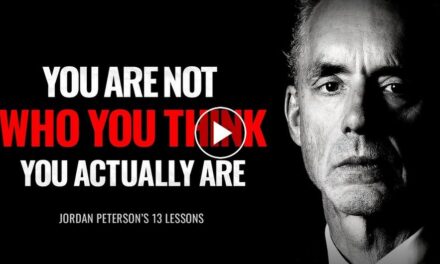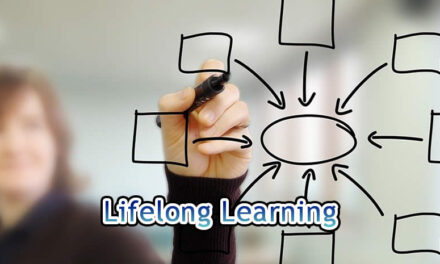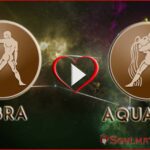Choose intellectual curiosity over mindless consistency.
I read that in the description of Adam Grant’s new book, Think Again: The Power of Knowing What You Don’t Know. I am looking forward to reading it.In a rapidly changing world, without the right knowledge, you have no leverage. No power. The knowledge you don’t have or relevant information you don’t know you need to know maybe the reason you are not making real progress in your life or career.
If you feel stuck or haven’t achieved anything worthwhile in a very long time, rethink your assumptions about life, work, habits and behaviours that contribute to long-term growth.
Don’t repeat the same processes and expect different results. Find new knowledge. Read great books for better insight. Or find systems people have figured out and use those as your baseline for making progress.
“Insanity: doing the same thing over and over again and expecting different results.” Albert Einstein said that.
If you keep doing what you’ve always done but expect a different result, you are wasting your precious time. There’s great power in knowing what you don’t know. It’s the beginning of practical wisdom.
The wisdom of ignorance can guide you to unlearn what doesn’t work and relearn better knowledge to make informed choices and life-changing decisions.
Knowing what you don’t know allows you to keep an open mind. It puts you in a better position to adapt when you find practical knowledge.
If you are willing to question your current beliefs, assumptions, perceptions and the “facts” you’ve accumulated over the years, you will put yourself in a better position to upgrade your level of thinking, and improve your blind spots.
“Understanding the limitations of your knowledge puts you at an advantage from people who overestimate their knowledge or aren’t aware of their own ignorance,” writes Steven Handel.
The key to getting more knowledge is deciding what not to know and what deserves your attention. Because your time is limited.
Knowing how to direct your attention and what can help you in the near future determines your approach to learning new skills, habits and processes that can advance your goals.
The ability to know what you don’t know is a skill. And like every other skill, it can be improved and made better. You just have to know what questions to ask.
I find opportunities to improve my knowledge, habits and processes in the books and long-form posts I read, the podcasts I listen to, the newsletters I subscriber to, smart tweets and the influencers I follow.
The point is, better knowledge is available all around us, but knowing where and how to find it requires stepping away the “usual” content feeds you are used to and moving towards the intelligent gathering of knowledge sources that can improve your life and career skills.
I actively invest in myself. “Investing in yourself is the most important investment you’ll ever make in your life. . . . There’s no financial investment that’ll ever match it because if you develop more skill, more ability, more insight, more capacity, that’s what’s going to really provide economic freedom. . . . It’s those skill sets that really make that happen,” writes Tim Ferriss, in his book, Tools of Titans: The Tactics, Routines, and Habits of Billionaires, Icons, and World-Class Performers.
Choose intellectual curiosity and mental flexibility over mindless consistency. It’s the path to wisdom, better knowledge and reinvention.
Here’s one of my favourite quotes about seeking knowledge:
“Don’t think about why you question, simply don’t stop questioning. Don’t worry about what you can’t answer, and don’t try to explain what you can’t know. Curiosity is its own reason. Aren’t you in awe when you contemplate the mysteries of eternity, of life, of the marvellous structure behind reality?
And this is the miracle of the human mind — to use its constructions, concepts, and formulas as tools to explain what man sees, feels and touches. Try to comprehend a little more each day. Have holy curiosity.”
Albert Einstein said that. He thought questioning and curiosity were the key to learning and seeking knowledge.
People are sometimes afraid to look ignorant out of fear of seeming “stupid.” And yet the smartest people on the planet are often the ones who ask the most questions and seek a better way to solve problems in life and career.
“You live in ignorance, and always will. What matters is picking, validating, and assimilating the knowledge which is relevant for you, and tuning that skills, balancing them with openness to the new,” writes Vico Biscotti.
According to Socrates, clearing our minds of false ideas (through new and tested knowledge) even if it leaves us in a state of confessed ignorance is a valuable and a necessary step to becoming wise. Socrates believed that — the love of wisdom — was the most important pursuit above all else.
When you discover a gap in your knowledge,
view it as an opportunity to seek wisdom to become a better human.
![]()


























